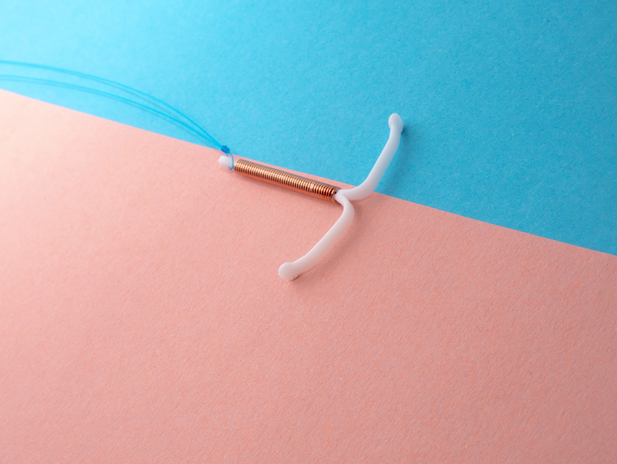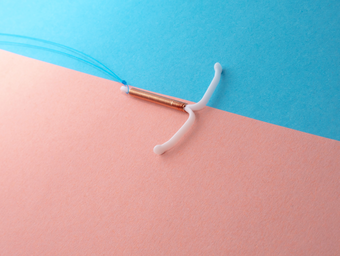Raise your hand if you’ve heard an IUD horror story.
It seems like every time I mention having an IUD; people let me know that they have heard tons of crazy horror stories about the quarter-sized piece of plastic. I read plenty of discouraging articles before ultimately deciding to try one, but based on my experiences, I would wholeheartedly recommend the IUD as a form of birth control.
If you’re like me and had an essentially nonexistent sexual education in high school, you might not understand what exactly an IUD is. Less than a year before deciding to have an IUD inserted, I still had no idea what an IUD was.
An IUD, which stands for intrauterine device, is a small T-shaped piece of flexible plastic that is inserted into the uterus as a form of birth control. There are various types of IUDs, including multiple hormonal IUDs and a non-hormonal, copper IUD. They work to prevent pregnancy in numerous ways and are over 99% effective.
After talking to my gynecologist, I decided that the Mirena IUD would be the best fit for me. Mirena is a hormonal IUD that uses the hormone progestin to prevent pregnancy and lasts about five years. I decided on the Mirena IUD because I didn’t want to have to worry about birth control.
I knew I would forget to take the pill at the right time, and I didn’t want to worry about that constantly. The IUD is a very hands-off type of birth control. Once you have it inserted, it simply stays in your uterus, preventing pregnancy for years. I really liked the idea of not having to worry about birth control throughout my daily life.
Another factor that drew me to Mirena was that a third of women stopped getting a period with this IUD. When my doctor told me this, it sounded way too good to be true. No period? How is that possible? Is that healthy? My gynecologist relieved all my doubts, telling me that it is completely okay to stop getting your period with an IUD, and she hadn’t had a period in years, courtesy of her Mirena. After hearing all this about the IUD, I was sold and decided to have mine inserted at my next appointment.
After leaving that appointment, I decided to research the Mirena IUD and what insertion would be like. After a few Google searches, all my excitement about the IUD had vanished, and I was terrified. The internet is full of scary, painful, bloody IUD experience stories from women, and many of them were about the awful insertion process. My doctor told me it would just include some cramping, so why was I reading about people saying it was worse than childbirth?
The next thing I knew, COVID-19 lockdowns began, so the gynecologist pushed my insertion appointment back a few months later. I spent those months feeling very anxious about the process and contemplating whether or not I still wanted to go through with it.
When the time came, I trusted my gut and chose to go through with the insertion, despite the horror stories. At the end of June, just days before my birthday, I would have my Mirena IUD inserted. On the day of my insertion, I was advised to take Ibuprofen and have someone drive me because women sometimes feel faint after.
Once it was finally time for the insertion, my doctor put the IUD at the end of a long rod device used to insert the IUD through the vagina and cervix up into the uterus. I was mentally prepared for the worst pain of my life, and then to my surprise, it wasn’t that bad. Yes, it did hurt, but it was nowhere near as bad as everything I had read about online. It felt like a few bad period cramps, and the pain lasted less than a minute. I had mild cramps for a few days after my insertion, but then I felt completely fine.
The most inconvenient part of the IUD process was the few months after insertion. You can experience irregular bleeding and mild cramping for roughly 3-6 months after the insertion. After about three mildly inconvenient months, my life went back to normal. Now, more than a year after having my IUD inserted, I still feel excellent, and I don’t have to worry about birth control until 2025.
Overall I am happy I got an IUD and would certainly recommend the Mirena IUD based on my experience. Birth control is something that varies from individual to individual, so definitely talk to your doctor to decide what would work best for you.
Just remember, the scary stories may seem the loudest but aren’t the most common. Don’t let the negative experiences across the internet discourage you from trying out something that leads to tons of positive experiences for women.



